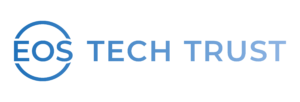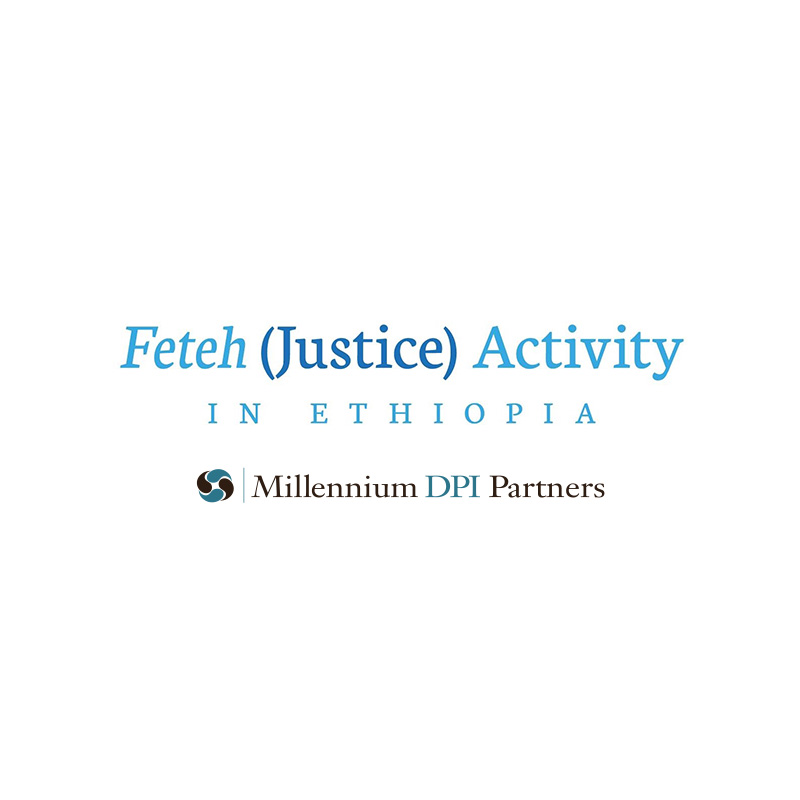EOS Tech Trust Completes Technology Assessment for Civil Society Organizations in Ethiopia
The EOS Tech Trust, a nonprofit that provides technology expertise and software development services to civil society organizations (CSOs), recently completed as assessment of the technology needs and practices of CSOs in Ethiopia, as part of the USAID-funded Feteh (Justice) Activity in Ethiopia, managed by Millennium DPI Partners. The assessment included desk research and multiple in-depth conversations with a diverse group of 14 CSOs throughout the country, ranging from newly formed startup organizations to well-established larger entities.
Key Findings
A Sector Playing Catch Up:
The Ethiopian CSO sector was heavily restricted for an extended period of time, which overlapped with a wave of immense innovation and technological change. During this time the organizational capacity of CSOs was severely reduced, leaving a gap in technology adoption, know-how, and best practices, more so in the CSO sector than other sectors.
Manageable Barriers to Technology Adoption:
There are no structural barriers to technology adoption in Ethiopia that cannot be overcome. With some areas of where connectivity is limited, any technology solutions for CSOs should support a fully offline mode. Another barrier that CSOs identified is that they aren’t able to facilitate online payments from Ethiopia – meaning that even when CSOs have the budget to afford a subscription to an existing software tool, they are unable to complete payment and hence can’t gain access.
CSOs are Aware of the Importance of Utilizing Technology and Seek Assistance:
Every CSO that we engaged with recognizes that utilizing technology in their work is exceedingly important. All participating CSOs want to prioritize this, but have resource and capacity issues. Our assessment is that most CSOs are open to advice and support – but that it is critical for technology partners to understand the CSO’s core work, build trust over time, and communicate effectively and transparently.
Most CSOs Have a Reactive, Rather than Proactive Approach to Technology.
Most of the CSOs are pursuing a scattershot and largely reactive approach to technology adoption. Many CSOs view different technology tools or strategies in silos, rather than proactively thinking about how they can and should work together. For example, one CSO is building two separate tools with similar functionality that are disconnected from one another, and has not thought about instead building a single platform accommodating all overarching needs. This will likely lead to problems with user adoption – by requiring users who might use both tools to have to learn and remember two separate entry points, rather than having a single access point.
It is Important CSO Leadership to Learn More About How to Think About and Oversee Technology.
Many decision-makers, as is often the case with non-technical stakeholders, lack the experience and technical understanding to effectively oversee technology decision-making. Without understanding technology it is exceedingly difficult to vet and manage technical staff or vendors – and even harder to oversee technology strategy or implementation. The result is that there is high potential for projects to go off track, over budget, and not meet expectations. Collectively, this can lead to poor adoption by intended audiences and future internal resistance to attempting technology adoption.
CSOs Need to Adopt Better Practices to Avoid Being Overly Reliant on Outside Stakeholders
Some of the CSOs are very likely to not control their own technology assets. This means that it is likely that outside technology vendors in many cases have administrative control of key assets such as: hosting plans, URL domain ownership, email accounts, and third-party software accounts. This exposes CSOs to several potential issues, including the prospect of having their services cut off (e.g. vendor shuts down a website to demand further payment, or vendor goes out of business and CSO is left without access to their hosting plan). This can also present security risks, for example making sure that sensitive data is protected and not shared. This dynamic may also lead to issues regarding IP ownership. CSOs need advice to help assure that technology assets are structured in a way that protects their interests.
Specific Technology Demands Articulated by the CSOs
While each CSO has unique circumstances and needs, a number of common demands emerged through the assessment for support and tools. These include:
Software/App Solutions to:
- Facilitate case intake and management for legal aid services;
- Coordinate and organize membership communities;
- Facilitate project management and multi-stakeholder collaboration;
- Digitize hard copy content and organize digital content online; and
- Facilitate the collection, organization, and dissemination of information about human rights issues.
Expert Assistance with:
- Providing ongoing support and maintenance for technology tools;
- Advice/mentorship pertaining to technology; and
- Help with website development and maintenance.

